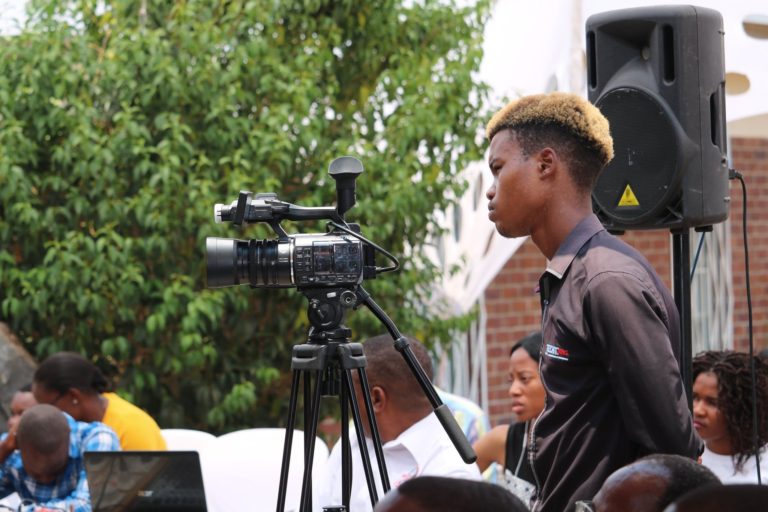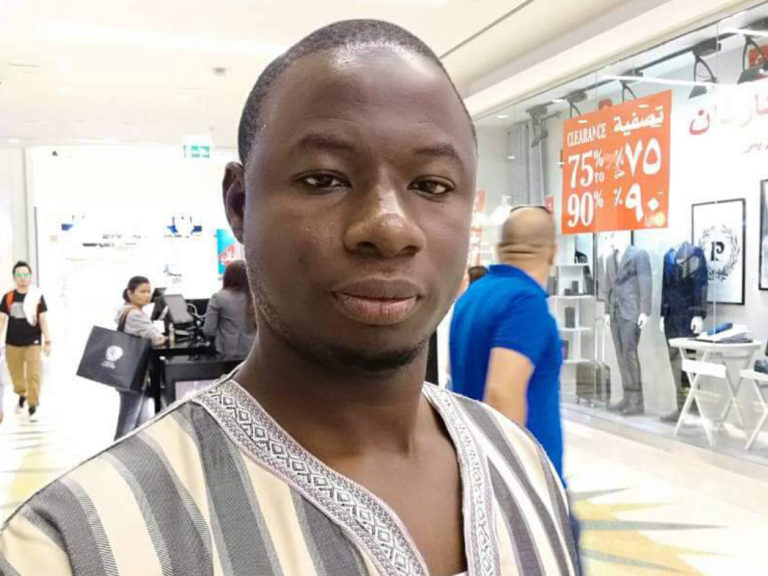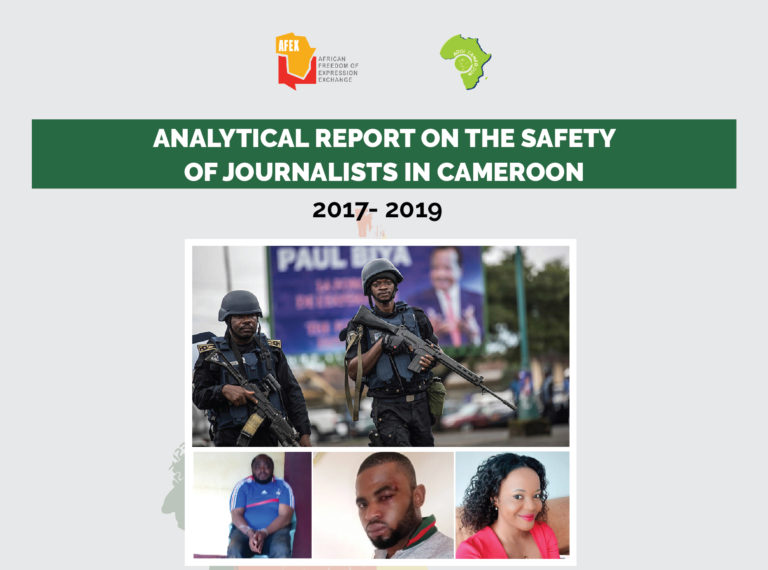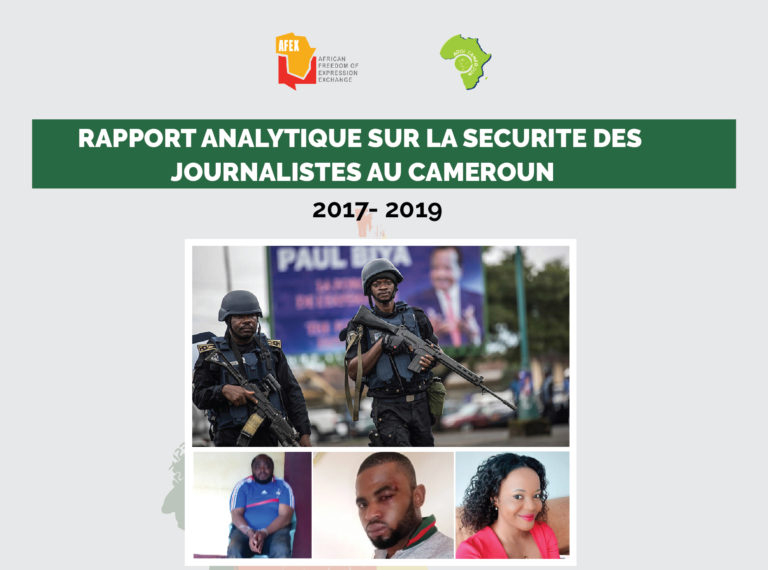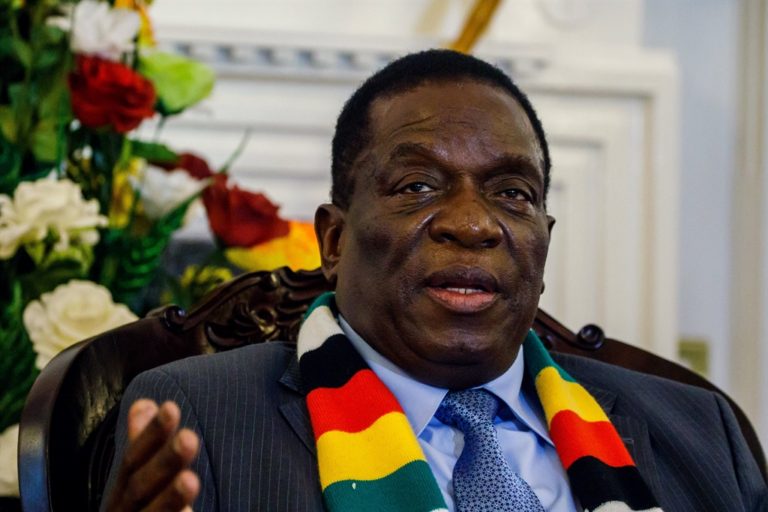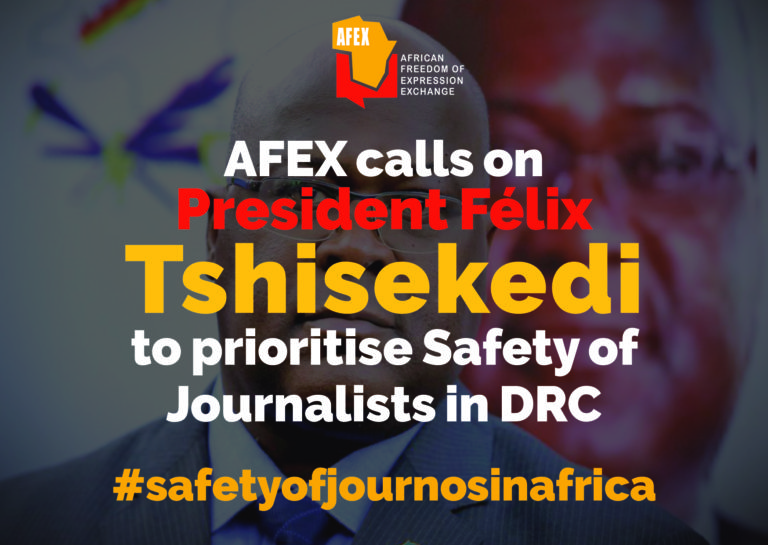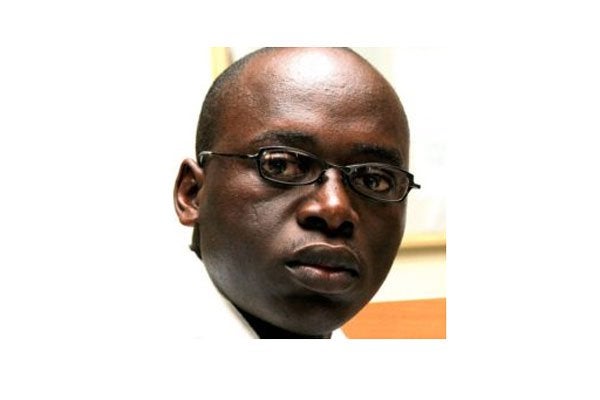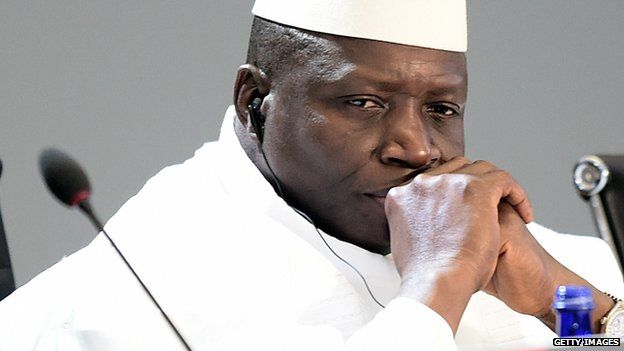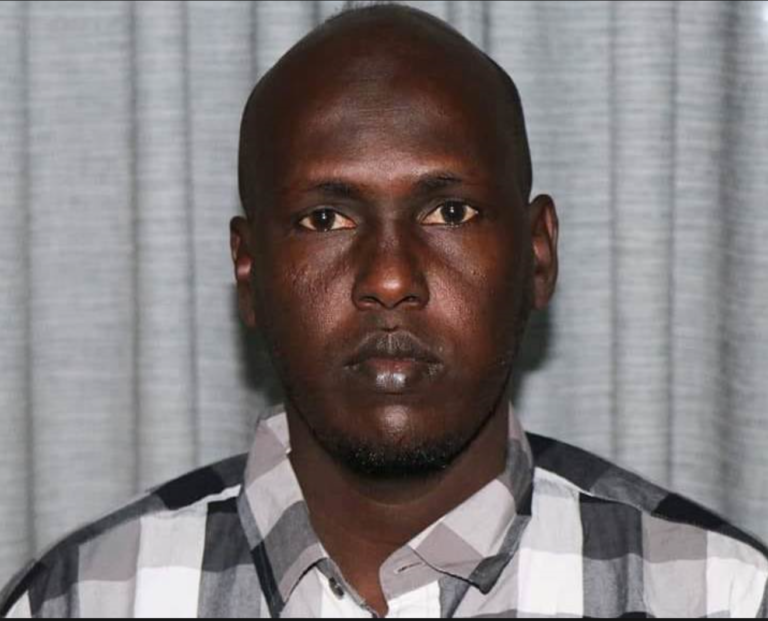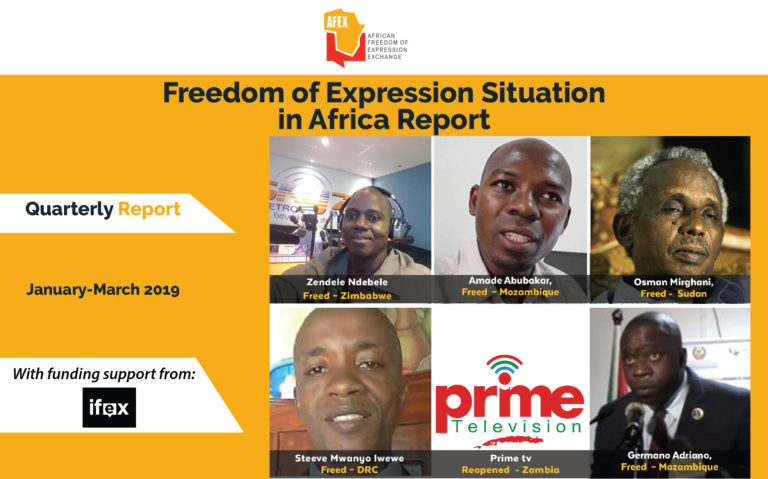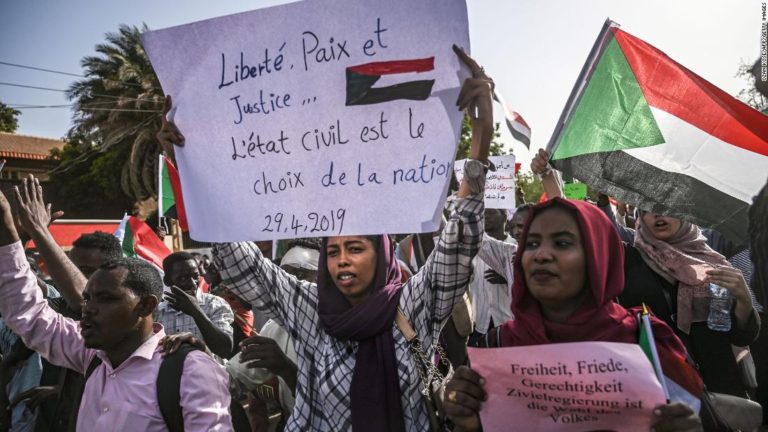The African Freedom of Expression Exchange (AFEX) on Friday, November 1, 2019 joined stakeholders in Zimbabwe to commemorate the 2019 International Day to End Impunity for Crimes against Journalists. The high-level meeting ran under the theme, Journalists Security for Free, Open and Informed Societies. It brought together representatives from the Zimbabwean government, diplomatic missions, the United Nations, civil society organisations, media houses and media rights organisations as well as supporters of media freedom.
 The objective to the Forum was to discuss challenges in Zimbabwe’s media sector over the past one year and how stakeholders can collaborate to combat impunity for crimes against journalists in order to improve the safety of journalists’ situation in the country. Speaking at the event, Tabani Moyo, Executive Director of Media Institute of Southern Africa (MISA) Zimbabwe Chapter and Chairperson of the Media Alliance of Zimbabwe said the country has recorded about 25 cases of attacks against journalists since beginning of 2019, most of them perpetrated with impunity.
The objective to the Forum was to discuss challenges in Zimbabwe’s media sector over the past one year and how stakeholders can collaborate to combat impunity for crimes against journalists in order to improve the safety of journalists’ situation in the country. Speaking at the event, Tabani Moyo, Executive Director of Media Institute of Southern Africa (MISA) Zimbabwe Chapter and Chairperson of the Media Alliance of Zimbabwe said the country has recorded about 25 cases of attacks against journalists since beginning of 2019, most of them perpetrated with impunity.
Felicia Anthonio, AFEX Coordinator, lamented the widespread impunity for crimes perpetrated against journalists in Africa and called for collaborative mechanisms at local and regional level to combat the scourge and ensure justice for attacks against journalists who are abused.

“Most worrying is the fact that perpetrators of these attacks are mostly left unpunished and in many cases, there is no serious attempt to investigate these crimes resulting in a pervasive culture of impunity for crimes against journalists. In response to this situation, stakeholders from regional and international agencies, civil society organisations, media organisations as well as individuals have in recent years mounted a concerted campaign on the safety of journalists and for an overall improvement in the freedom of expression environment on the continent,” said Anthonio.
The Director of UNESCO Regional Office in Southern Africa, Prof. Hubert Gijzen reiterated the important role of journalists in driving the attainment of the Sustainable Development Goals (SDGs), hence the need to adopt mechanisms to prosecute perpetrators of attacks against journalists’ rights.
The Dialogue forms part of activities under AFEX’s safety of journalists and anti-impunity campaign which seeks to improve advocacy on the safety of journalists and issue of impunity for crimes against journalists in Africa.
On the sidelines, the AFEX delegation paid courtesy calls on Zimbabwe’s Ministry of Information, Publicity and Broadcasting Services as well as the Zimbabwe Republic Police. The purpose of these courtesy calls was to discuss how these government entities could work together with the media fraternity to ensure that journalists working in Zimbabwe are free to do their journalistic duties without fear of unjustified arrest or attacks. As well as to come up with mechanisms for dialogue and redress for instances when journalists are attacked during the course of their duties.
Dr Anywhere Mutambudzi, Director of Media Services at the Ministry of Information, Publicity and Broadcasting Services, received the AFEX delegation on behalf of the Minister of Information. Dr Mutambudzi acknowledged the need for journalists to carry out their work in a safe environment, adding that the safety of journalists is a priority for his Ministry.

Speaking on behalf of the Zimbabwe Police Service, Senior Assistant Commissioner Paul Nyathi, the Press and Public Relations at the Zimbabwe Republic Police, said the police was willing to engage other stakeholders working to promote press freedom and safety of journalists in Zimbabwe in a cordial manner.
The Senior Assistant Commissioner said that the police, “… recognise the international conventions and frameworks on safety of journalists and press freedom to which Zimbabwe is signatory. Our doors are opened to every journalists or media freedom organisations working in the country and we continue to encourage them to report attacks perpetrated against them while carrying out their journalistic duties.”
In addition to the services provided by the police, representatives from the Zimbabwe Human Rights Commission and the National Peace and Reconciliation Commission who spoke at the commemorations invited members of the media and public to report media freedom violations to the two Commissions in a bid to ensure that such violations are conclusively investigated and prosecuted.
The AFEX network continues to engage stakeholders across sub-Saharan Africa to collaborate in order to improve the safety of journalists and press freedom situation in Africa through its periodic missions and dialogues.




